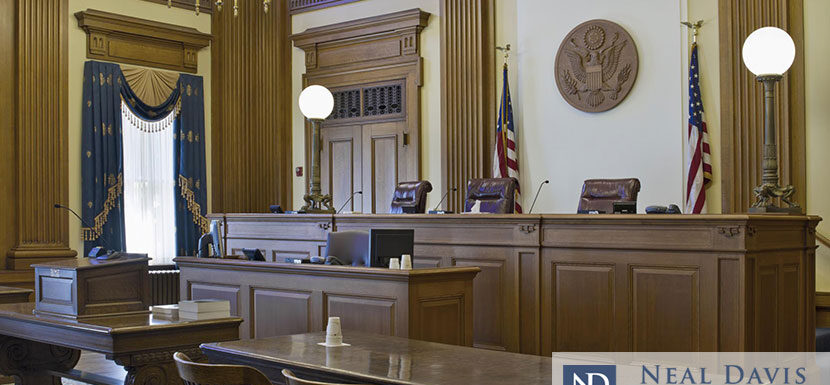Houston area criminal defense lawyer Neal Davis has won an appeal in a high-profile case involving elected Liberty County Commissioner of Precinct 1, Michael Charles McCarty.
McCarty was previously convicted at trial on two counts of misusing government personnel by directing Liberty County workers to perform tasks and services on county time which benefited his private businesses and property between 2013 and 2015. The value of such services was estimated as being between $1,500 and $20,000.
At trial in the 75th District Court in Liberty County, McCarty denied using county workers during county hours or using county equipment for personal matters.
The jury convicted McCarty on one count of misusing county personnel and one count of misusing county property. According to court documents, the jury determined the value on both counts to be only between $20 and $500.
On appeal, McCarty’s criminal defense attorney, Neal Davis, argued that the evidence was insufficient to prove McCarty had intentionally or knowingly misused government personnel or property.
Davis also contended that the trial court had erred by refusing McCarty’s request for an accomplice-witness instruction for two persons who testified. That meant the jury was able to consider their testimony without any corroborating evidence to support his conviction.
The Court of Appeals for the Ninth District of Texas at Beaumont concluded that those two persons could have been charged as accomplices in the case, since both admitted knowing that the conduct they engaged in was against county policy. Thus, McCarty had been entitled to an accomplice-witness instruction to the jury, which the trial court had denied.
“There were enough facts in the record to raise the issue of their accomplice status,” appeals court Justice Charles Kreger held. “The jury members should have been afforded the opportunity to make that determination for themselves but were unable to do so given the charge presented.“
The appeals court then found McCarty had “suffered some harm by the trial court’s refusal to provide the requested accomplice-witness instructions.”
The appeals court also found fault in a “problematic” closing argument by the state prosecutor involving estimated dollar values of the services improperly provided to McCarty by county employees.
The appeals court then concluded in view of its findings that “the trial court erred by failing to submit accomplice-witness instructions” which then “resulted in harm” to the rights of the defendant, saying “We reverse the judgments of the trial court on both counts and remand for a new trial on the merits.”


